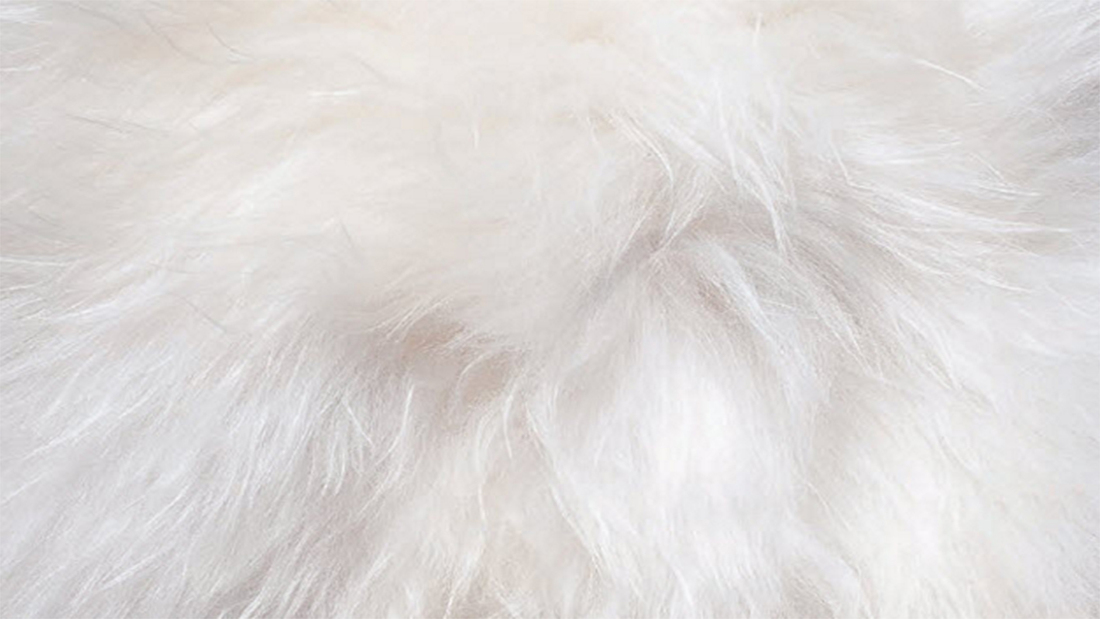Why sleep under wool?
Our body temperature is normally around 37°. When our body gets too hot, we sweat. Nobody likes to sweat, but sweating is very useful. When you start to sweat, your sweat glands are put to work, the sweat evaporates, dissipates heat and ensures that your body becomes cooler. In one night we lose about 250 ml of sweat.
Wool can absorb up to 35% of its own weight in moisture without feeling clammy. It is therefore very important to create a healthy bed climate. A bed with a high temperature leads to an irregular heartbeat during sleep (Source Hohenstein Institute). Because wool is breathable, insulating and moisture-regulating, it is able to regulate the bed climate, which means a regular heartbeat and a peaceful sleep so that you wake up rested in the morning.
I am allergic to wool, I sometimes hear my customers say.
The wool does not come into direct contact with your skin and therefore you will not get an allergic reaction. It is not the wool that you are allergic to, but the lanolin in the wool. People with bronchitis, asthma or other respiratory problems also benefit from pure new wool. Thanks to the ventilating effect of sheep's wool, it is not susceptible to dust mites. Sheep's wool is a hygienic fiber in your bed.
Waarom zweten we in bed en wat kun je daar tegen doen.
1. Warm Sleep Environment
One cause may be that the sleeping environment is too warm, partly due to the use of synthetic bedding and a poorly ventilated bedroom.
2. Nightwear
You may also sleep in synthetic pajamas or nightgowns.
3. Sports
Exercise is good for you, there is no doubt about it. But it is better not to do this before going to sleep. Your body gets warm through exercise and does not cool down enough just before going to sleep and makes you sweat in bed.
4. Showering too hot
When you take a bath or shower just before going to bed, do not take too hot water, you will also sweat in bed.
5. Transition
Hormones cause menopausal women to perspire more and have hot flashes. This ensures that you wake up clammy with sweat at night.
6. Nutrition
Yes, spicy food and alcohol also make you sweat. The alcohol widens the blood vessels, creating heat. Sometimes spicy food contains capsaicin, which is mainly found in peppers and can also cause excessive sweating. It stimulates the nerves and brain blood vessels, causing the body to warm up.
7. Medicines
There are medicines that cause side effects, including the pill, Viagra, insulin, prednisone, prednisolone, paracetamol and aspirin and perhaps even more medicines, see the package insert.
8. Nightmares and Stress
Scary dreams and nightmares can trigger anxiety and your body will continue to produce adrenaline, making you feel rushed and sweat. Stress can also keep you from sleeping.
9. Disease
Night sweats can of course also be the cause of an illness.
What can we do about that sweating?
Provide a cool, ventilated bedroom. The best bedroom temperature is between 16 and 22 degrees.
Make sure there is at least 4 hours between exercise and sleep.
Sleep in cotton nightwear and sleep under cotton linen and change your bed regularly and change your pajamas more often.
Sleep under a woolen duvet.
Eat less spicy food, drink alcohol in moderation.
Drink a glass of cold water and rinse with lukewarm water, not too hot.
Conclusion
Night sweats or night sweats can have various causes, such as a too warm sleeping environment, nightwear, sports, nutrition, medicines, hormone fluctuations, nightmares, anxiety, stress and any underlying disorders or diseases. Fortunately, most causes are harmless. You can always consult your doctor if you have persistent complaints.



